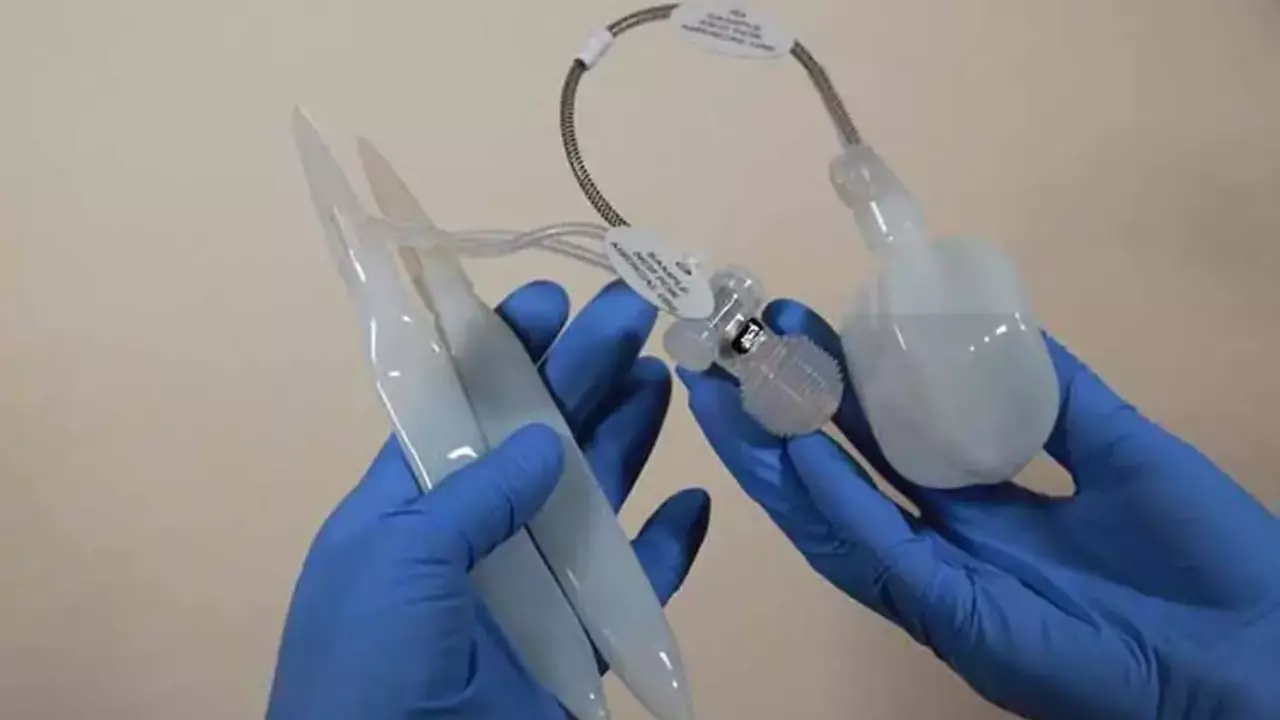Penile Prosthesis Complications: What to Watch For
A penile implant can restore sexual function, but like any surgery it can have complications. Want to avoid surprises? This page lays out the common problems, clear warning signs, and simple steps you can take if something goes wrong.
Common complications and warning signs
Infection is the single most serious issue. After surgery you might expect some redness and soreness, but increasing redness, fever, drainage, or sudden worsening pain days to weeks after the operation are red flags. Infections sometimes require removal of the device.
Mechanical problems happen over time. Inflatable devices can leak, fail to pump, or auto‑inflate. Malleable (semi‑rigid) rods can bend or break. If your implant no longer inflates, feels loose, or makes unusual noises, that usually means a repair or replacement is needed.
Erosion and extrusion occur when the device presses through tissue and becomes exposed. This may show as persistent pain, a new lump, bleeding, or visible parts of the implant under the skin. Erosion usually needs prompt surgical attention.
Other issues include scarring that causes penile shortening or curvature, decreased sensation, bothersome pain long after healing, and hematoma (blood collection) early after surgery. Urinary problems can appear temporarily, and anesthesia-related effects can cause short-term confusion or nausea.
How to reduce risk and what to do if problems start
Prevention starts before the operation. Control blood sugar if you have diabetes, stop smoking, and follow your surgeon’s instructions about stopping certain medications. Many surgeons use antibiotic-coated implants and give perioperative antibiotics to reduce infection risk.
After surgery keep the wound clean and dry, avoid heavy lifting, and follow activity limits. Take prescribed antibiotics and pain medicines as directed. If you notice any worrying signs—fever, spreading redness, pus, sudden device failure, visible implant, or severe pain—call your surgeon right away. Early action often prevents bigger problems.
Treatment depends on the issue. Infections may be treated with antibiotics alone in rare early cases, but often require removal or a salvage procedure. Mechanical failures usually mean a revision operation to repair or replace the device. Erosion typically needs implant removal and tissue repair.
Choosing an experienced urologist matters. Surgeons who do many penile implants tend to have lower complication rates and clearer plans for dealing with problems. Ask about their infection rates, revision protocols, and what follow-up care looks like.
Want quick tips? Keep follow-up appointments, report new symptoms fast, manage chronic health issues, and pick a surgeon you trust. If you're unsure whether a symptom is normal or not, it's better to call your clinic than wait.
Questions about a specific case? Talk with your urologist—every situation is different, and the right move depends on the timing and type of complication.

The role of penile surgery in treating penile prosthesis complications
In my latest blog post, I delved into the vital role that penile surgery plays in handling complications arising from penile prosthesis. It's a highly specialized area of medicine designed to address issues such as prosthesis malfunction, infections, and other post-operative complications. These surgeries, performed by trained urologists, can significantly improve patient's quality of life, by restoring sexual function and relieving physical discomfort. They also offer an opportunity for doctors to rectify any issues with the initial prosthesis. It's clear that penile surgery is an essential tool in managing and treating complications from penile prosthesis.
read more




